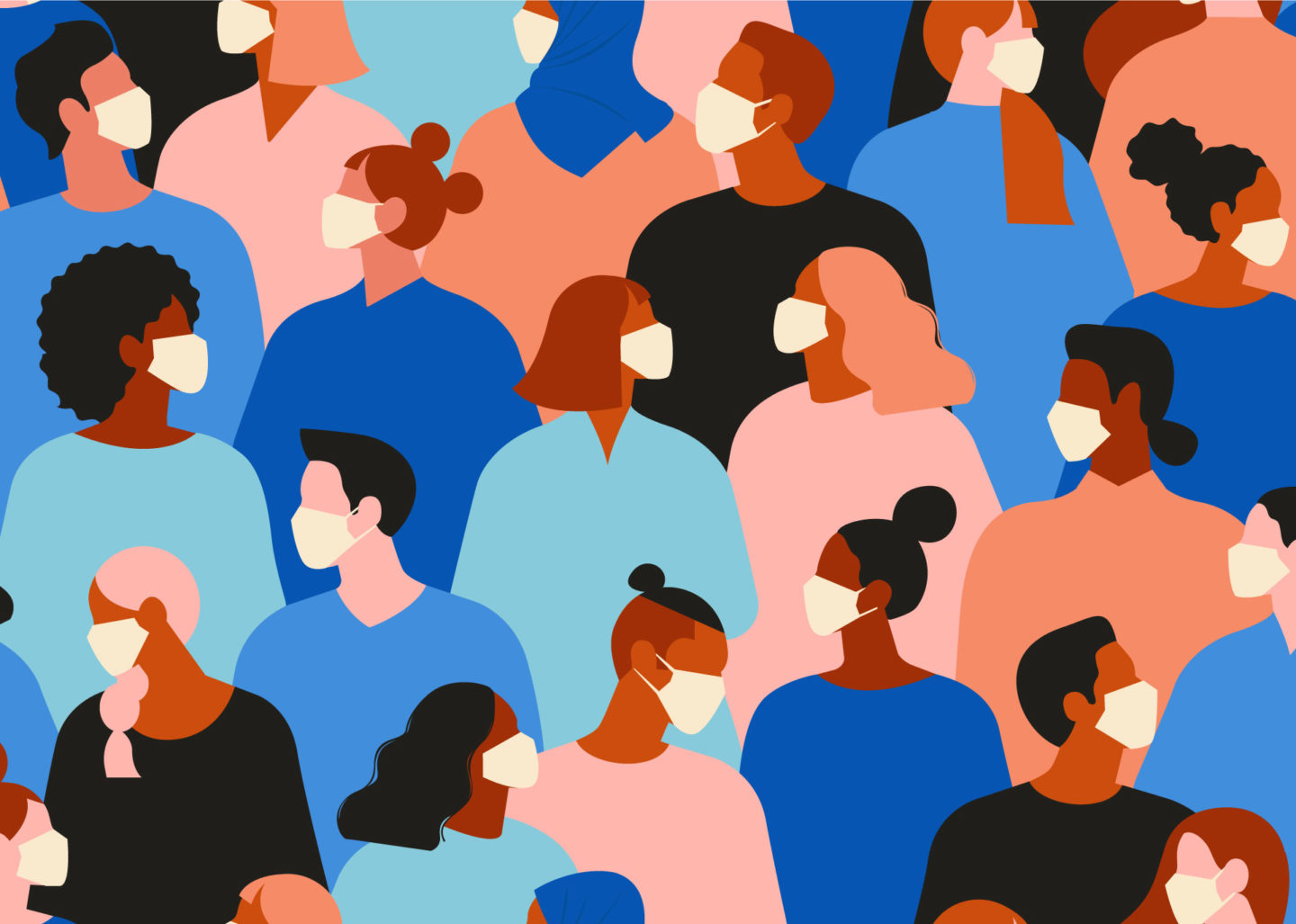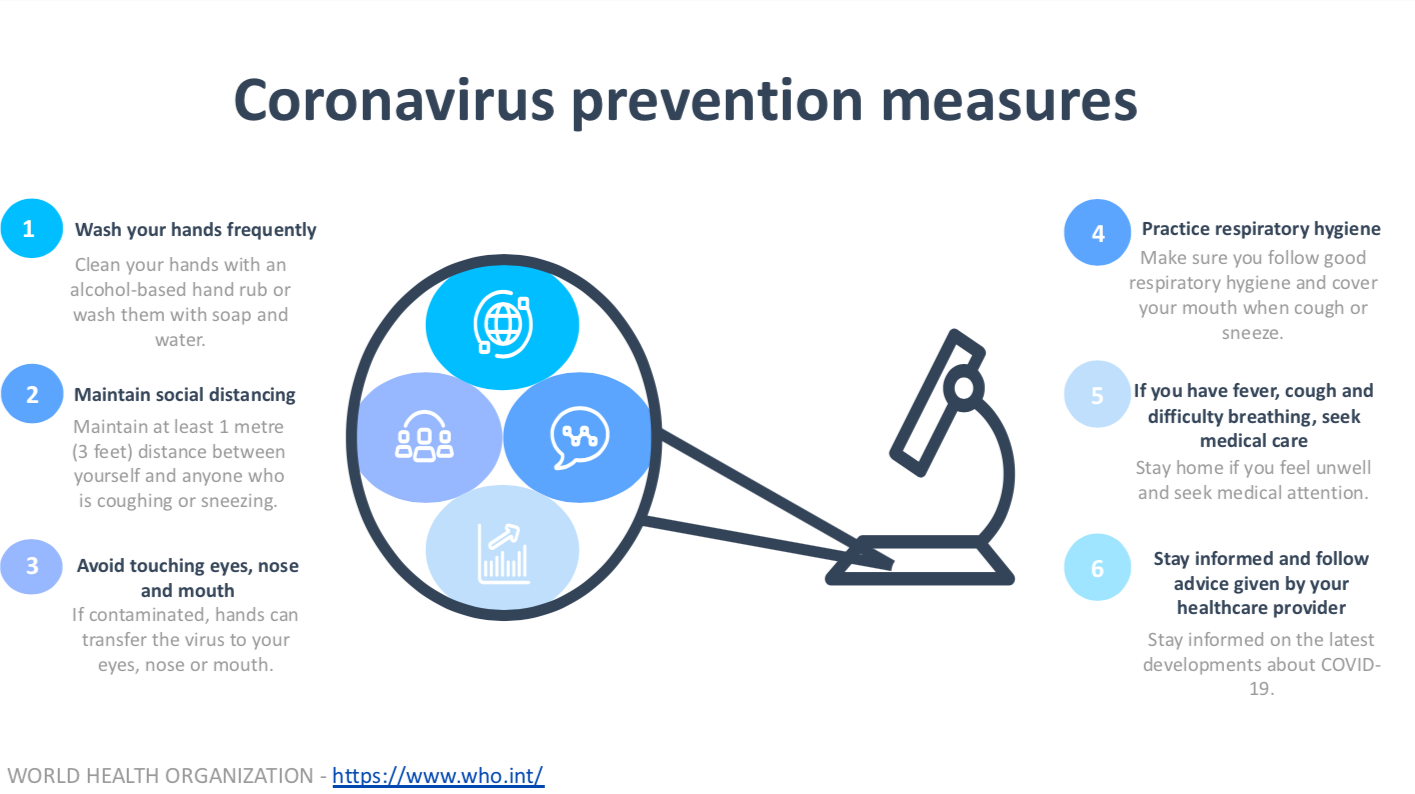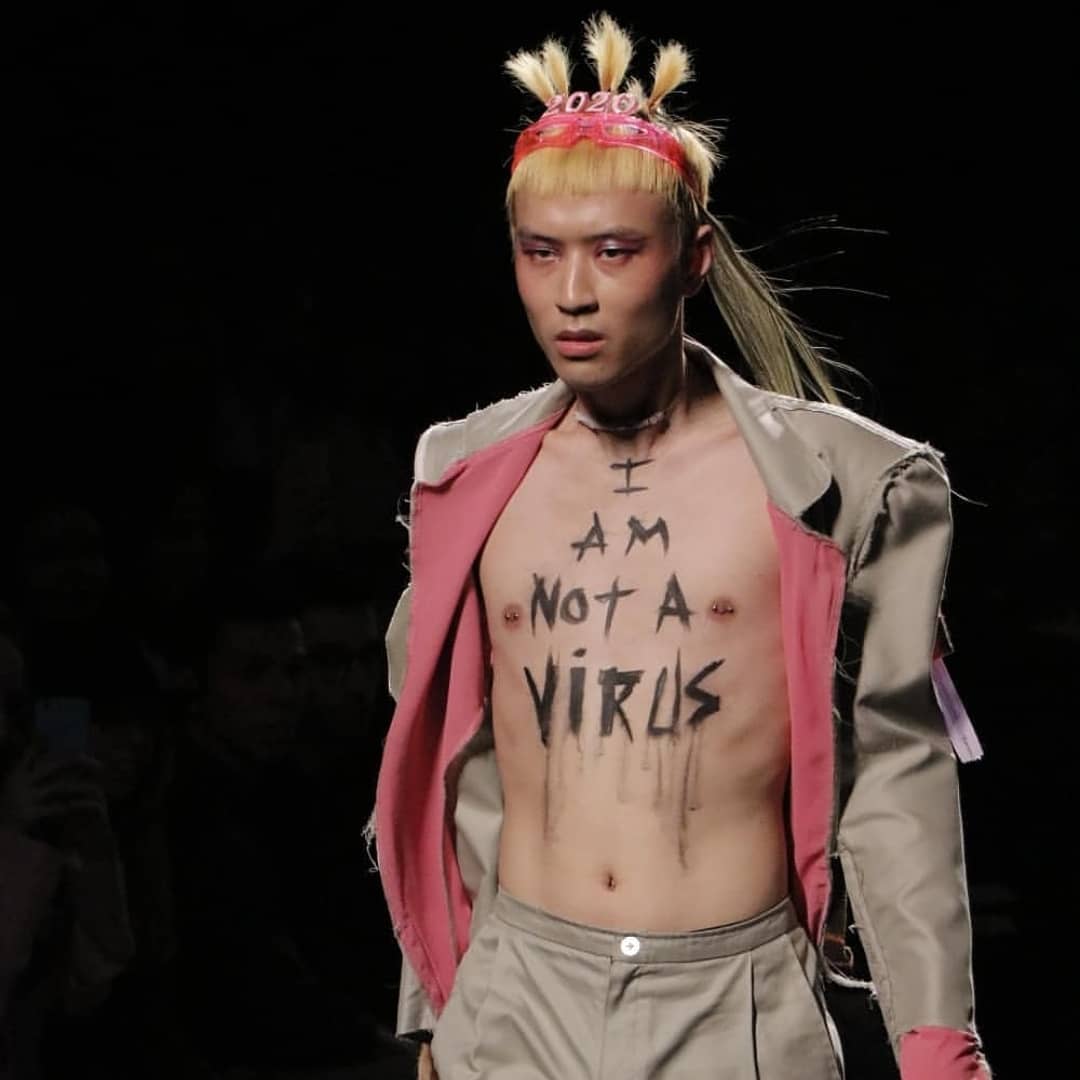
Wuhan Coronavirus a global health and social issue
Today, almost everyone knows about the existence of a new virus. But, are you really aware of what a coronavirus is? How did all start or what do we need to do in order to prevent it? One of the main problems of having access to a lot of information is that it is easier to end up believing something that is fake. Therefore, in this article we want to provide you with accurate information about this issue, so that you can have a clear idea of what is going on and what should be taken under consideration.
What is a coronavirus?
According to the Centers for Disease Control and Prevention (CDC), coronaviruses are a family of viruses containing strains that can cause respiratory illnesses such as the common cold. Some of these viruses, including the Wuhan Coronavirus can cause diseases potentially deadly for mammals and birds.
Coronaviruses were first described in detail in the 1960s. The origin of the name “coronavirus” comes from a distinctive “crown” of sugary-proteins that spikes out from the virus surface. Coronaviruses belong to the family Coronaviridae. They can be classified into four genera: Alphacoronavirus, Betacoronavirus, Gammacoronavirus, and Deltacoronavirus depending on which type of living being it affects.
The Wuhan coronavirus is a novel coronavirus which means that it is a new strain of coronavirus that has not been previously identified in humans.

Death Rate
On December 31, 2019, the World Health Organization’s (WHO) China office heard the first reports of a previous-unknown virus behind a number of pneumonia cases in Wuhan. WHO claims they are working with global experts, governments and partners in order to expand scientific knowledge on this new virus, to track the spread and the threat that the virus poses to humans and to provide advice for countries and individuals.
According to the WHO in the Situation Report – 16 – ERRATUM reported the 5th February, there are 24554 confirmed cases of coronavirus at this moment. There have been 492 deaths, all in China except one. This organization states that it is rare for this disease to be fatal unless you are elder people or have pre-existing medical conditions (for instance, diabetes and heart disease).
How does coronavirus spread?
The Center for Disease Control and Prevention (CDC) states that as Wuhan coronavirus was never detected before, all current knowledge is mostly based on what is known about similar coronaviruses. According to the CDC, rarely, animal coronaviruses can infect humans and then spread between people. But, in this case, as it occurred with MERS and SARS, it has happened.
Between humans coronaviruses are typically spread via airborne droplets of fluid produced by infected individuals. With most respiratory viruses, people are thought to be most contagious when they are the sickest.
How can you prevent it?
You can take care of your health by doing these five recommendations stated by WHO: wash your hands frequently with an alcohol based hand rub or soap and water. Maintain social distancing, at least one meter of distance between you and other people, specially if they present symptoms. Avoid touching eyes, mouth and nose. If you have fever, cough and difficulty breathing and you have gone to China during the last month or you have been near to someone who has travelled from China and has the same symptoms seek medical attention as soon as possible. Finally, if you have mild respiratory symptoms but haven’t travelled to China over the last month, stay at home until you recover.

Symptoms
On the authority of the CDC, for confirmed 2019-nCoV infections, reported illnesses have varied from people with little to no symptoms to people being gravely ill and dying. The most typical symptoms are: fever, cough and shortness of breath.
“I’m not a virus”
Since the virus outbreak harmful stereotypes and racism are spreading around the coronavirus. Sadly, racism unlike the coronavirus is a pre-existing reality that affects a lot of people around the globe. French Asians have taken social media to complain about the abuse they are receiving publicly and through social media since it all started. They have been using the hashtag JeNeSuisPasUnVirus (I’m not a virus), a campaign that has become viral over the last weeks.

